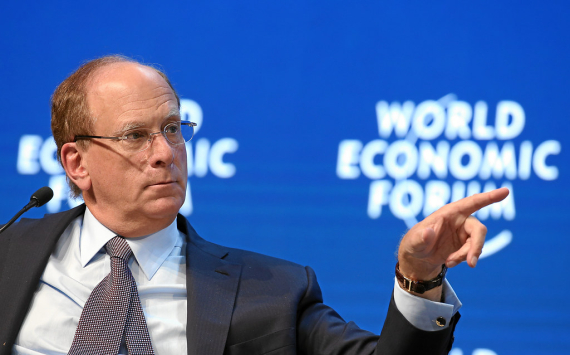
G7 agreement
The G7 countries this weekend signed an agreement on a minimum global tax of 15% for large companies. It is expected to affect companies such as Google and Facebook, and make it harder to evade higher taxes through offshore countries.
The US stock market's reaction to this weekend's decision by the G7 countries to impose a minimum global corporate tax of 15% has been muted so far. The S&P 500 index was down 0.18% before the opening of trading on Monday (at the time of writing), the Dow Jones was down 0.05%, Facebook (FB) shares were down 0.41% and Alphabet (GOOG) shares were up slightly in contrast.
This weekend, the finance ministers of the G7 countries reached a historic agreement and solution that has been under discussion for several years, namely the establishment of a global minimum corporate tax.
In today's world, multinational corporations and companies that sell their digital services remotely tend to declare most of their profits in low-tax jurisdictions, in so-called "tax havens" or offshore locations.
The impetus to change this and require large corporations to pay more taxes was the COVID-19 pandemic, which showed the power of the digital economy and raised the issue of tax reform for tech giants. The market value of a number of US technology companies jumped by double or more over 2020 and early 2021. However, according to G7 officials, it is not just US companies that will be affected by the changes.
Incumbent US President Joe Biden and Treasury Secretary Janet Yellen are preparing major programmes that call for trillions of dollars in economic recovery, labour market and investment in infrastructure and electric vehicles. Janette Yellen said: "A global minimum rate would end the race to the bottom in corporate taxation and ensure fairness for the middle class and working people in the US and around the world".










































